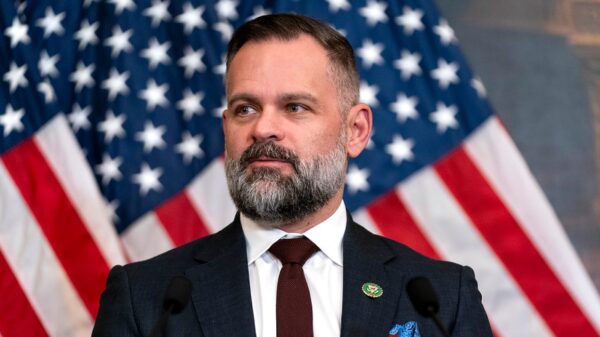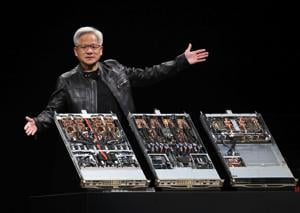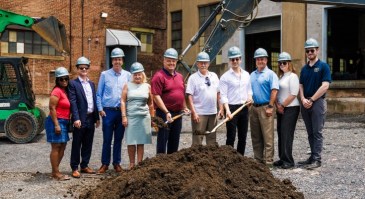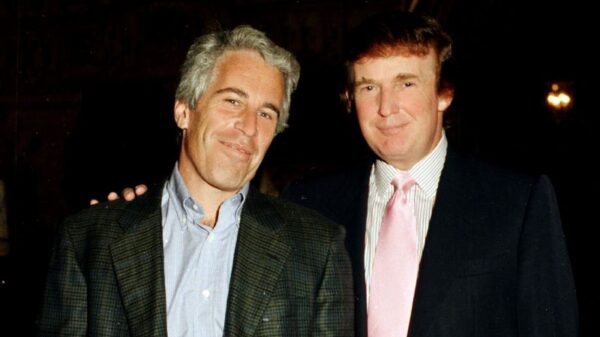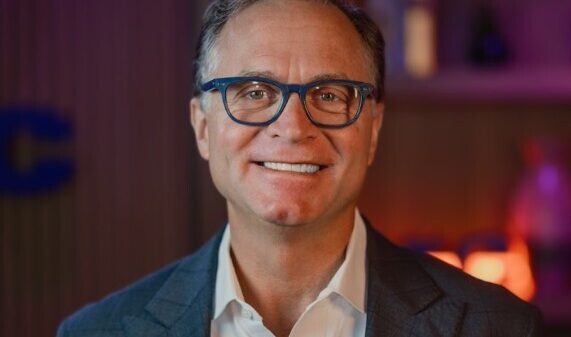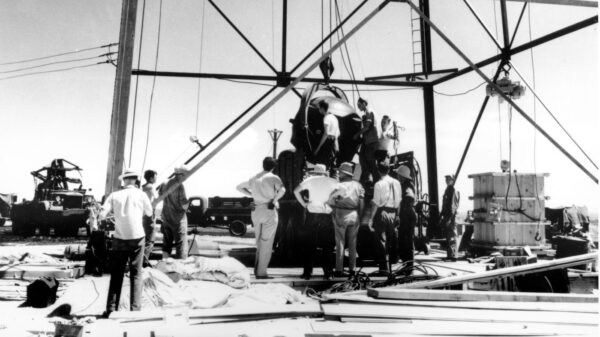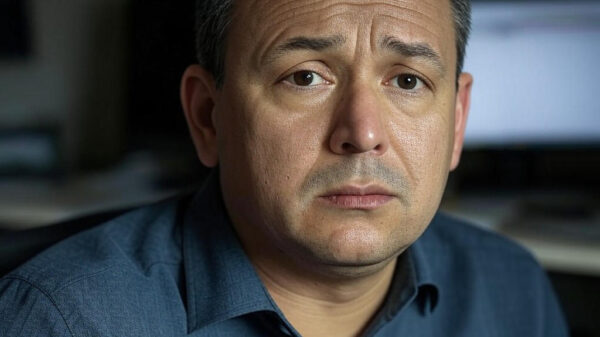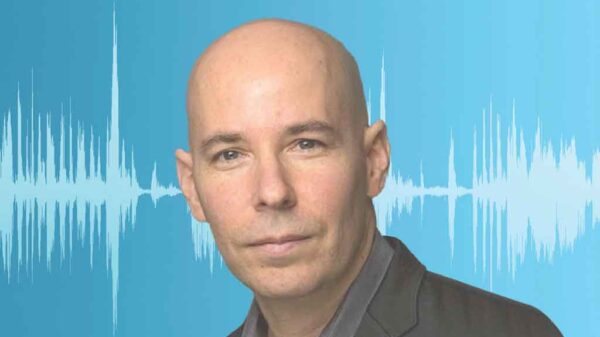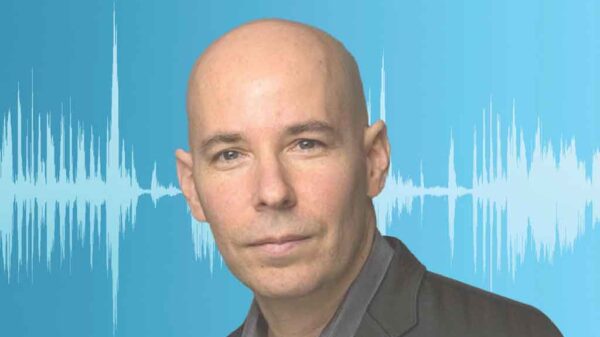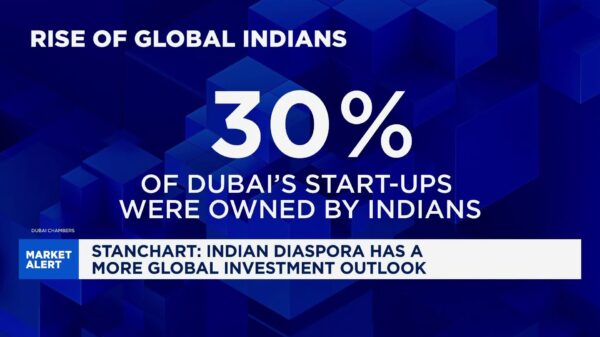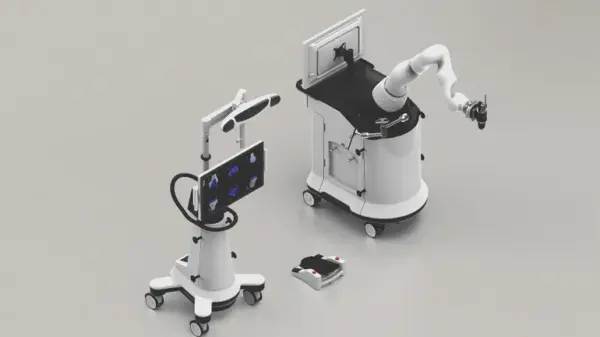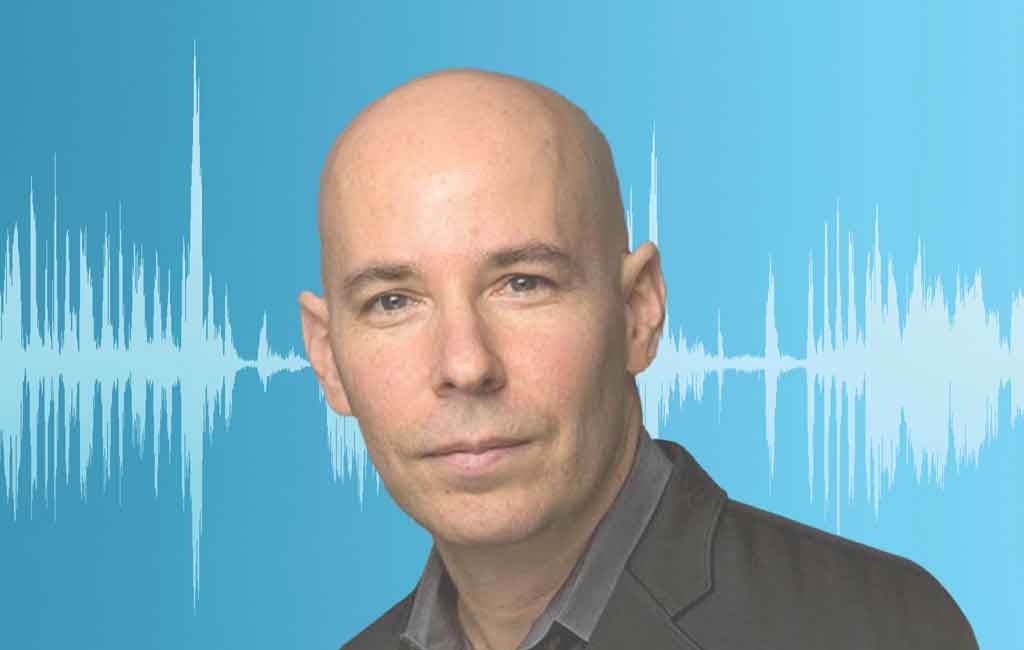The latest episode of the Two Steps Forward podcast features insights from Raz Godelnik, an associate professor at the Parsons School of Design. In a candid discussion with co-host Solitaire Townsend, Godelnik emphasizes the need for future Chief Sustainability Officers (CSOs) to focus on transformative strategies rather than settling for incremental progress in corporate sustainability.
Godelnik, who has taught a graduate-level course on sustainable business models for nearly a decade, argues that the current approach to sustainability often falls short. He highlights the misconception that corporate sustainability is declining, a topic he recently addressed in an essay on Trellis. Instead, he asserts that the sustainability profession is thriving, with opportunities for growth and innovation.
Moving Beyond Incrementalism
According to Godelnik, companies must shift their focus from minor adjustments to radical innovations that challenge existing systems. “We’re living in an era where, for the most part, what we’re doing is tweaking the system rather than transforming the system,” he stated. He critiques the concept of “sustainability as usual,” which prioritizes short-term profit maximization over long-term systemic change.
He urges business leaders to consider the broader political and regulatory landscape when developing sustainable practices. “It’s also important to zoom out and to look into the regulatory environment, to look into social norms, to look into the market incentives,” he explained. This perspective encourages a holistic view of sustainability that integrates various external factors.
Encouraging Entrepreneurial Approaches
Godelnik further examines how external pressures, including regulations and social expectations, can either facilitate or hinder sustainability efforts. He warns that an overemphasis on compliance can stifle creativity within organizations. “There’s a lot of managerial sustainability going on, not much entrepreneurial,” he noted, stressing the need for companies to invest more in innovative strategies rather than relying heavily on auditing firms.
His educational philosophy aims to empower future sustainability professionals to take decisive action and embrace experimentation. “What is really critical is how to instill in them a sense of agency,” Godelnik remarked. He encourages his students to explore even small-scale changes as a means to foster a culture of innovation.
In summary, Godelnik’s insights on the Two Steps Forward podcast highlight the pressing need for a transformation in corporate sustainability practices. By prioritizing radical change and fostering an environment conducive to innovation, future CSOs can drive meaningful progress that goes beyond mere compliance and incremental improvements.


